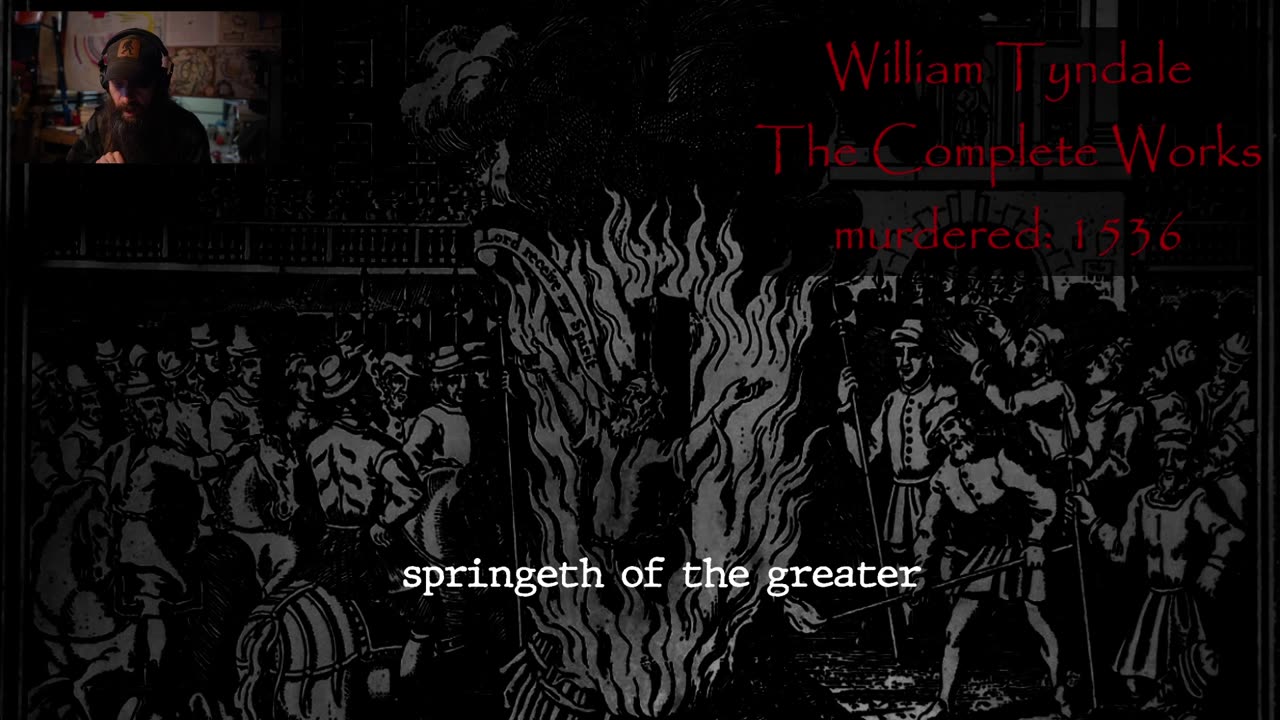Premium Only Content

53p184
53p184
The video discusses interpretations of marriage, divorce, and kinship laws primarily from a biblical perspective, focusing on the implications of a man taking his brother's wife and the consequences of such actions on family honor and community welfare.
Key Points:
Divorce Permission
The speaker suggests that what is construed as permission for divorce in biblical texts is actually a commandment with penalties for disobeying it. Specifically, if a husband hates his wife and divorces her, he faces shame and loss of property, whereas a woman risks losing her husband’s possessions if she does not offer herself appropriately.
Marriage and Kinship
In discussing the dynamics of marriage, particularly regarding the transfer of a wife's kin and dowry, the speaker posits that upon a husband's death without children, the widow should not be cast out without provision. This outlines the necessity of kinship laws to retain property and honor within the family.
Land Ownership and Tyranny
The speaker critiques the concentration of wealth, asserting that it's better for many to share smaller amounts than for one to control a large estate. This distribution is tied to godly wisdom in avoiding the rise of tyrants among the people.
Marriage of Brothers' Wives
Reference is made to biblical law allowing a man to marry his brother's widow if the brother dies without children. The speaker debates the thought that it is permissible for one woman to marry two brothers, which would have implications for interpreting laws regarding kinship and marriage fidelity.
Greater Sin of Brother's Wife
The speaker emphasizes the greater shame and gravity associated with taking one's brother's wife versus a neighbor's wife. This ties to familial honor and communal respect, pointing out that the consequences of such actions bear more significant moral weight.
Moses' Law Interpretation
The analysis concludes with a discussion on how Moses' laws concerning a man marrying his brother's wife are to be understood in the context of a living brother. The speaker defends the position that marrying a deceased brother's widow is lawful, grounding the argument in scriptural evidence and natural law.
-
 25:14
25:14
GritsGG
15 hours agoRank 1 Player Spectates Casual Solos!
13.6K -
 LIVE
LIVE
Lofi Girl
2 years agoSynthwave Radio 🌌 - beats to chill/game to
747 watching -
 4:33:40
4:33:40
FreshandFit
9 hours agoAfter Hours w/ Girls
243K120 -
 2:33:36
2:33:36
Badlands Media
10 hours agoOnlyLands Ep. 21: From Trump’s VP Pick to Green Energy Grift
72.9K8 -
 1:07:26
1:07:26
Inverted World Live
13 hours agoThe War Against Robots w/ Joe Allen
104K5 -
 6:08:31
6:08:31
SpartakusLIVE
13 hours agoWARZONE NUKE IS BACK?! || Solo Challenge CHAMPION to start, duos w/ the Dawg later
107K1 -
 1:00:18
1:00:18
Man in America
15 hours agoBig Pharma’s Empire of Lies Is COLLAPSING as People Turn to Natural Medicine
68.3K27 -
 7:17:44
7:17:44
Drew Hernandez
17 hours agoGHISLAINE MAXWELL SAYS CLAIMS EPSTEIN WAS INTELLIGENCE ASSET ARE BULLSH*T?!
39.8K39 -
 29:54
29:54
Afshin Rattansi's Going Underground
1 day agoUkraine: Prof. Anatol Lieven SLAMS Europe’s ‘BLOODY STUPIDITY’ as Trump Negotiates with Putin
36K8 -
 15:27
15:27
robbijan
1 day ago $2.48 earnedThe Emperor’s New Labubu & The Spiritual War Behind Everything
56.3K45